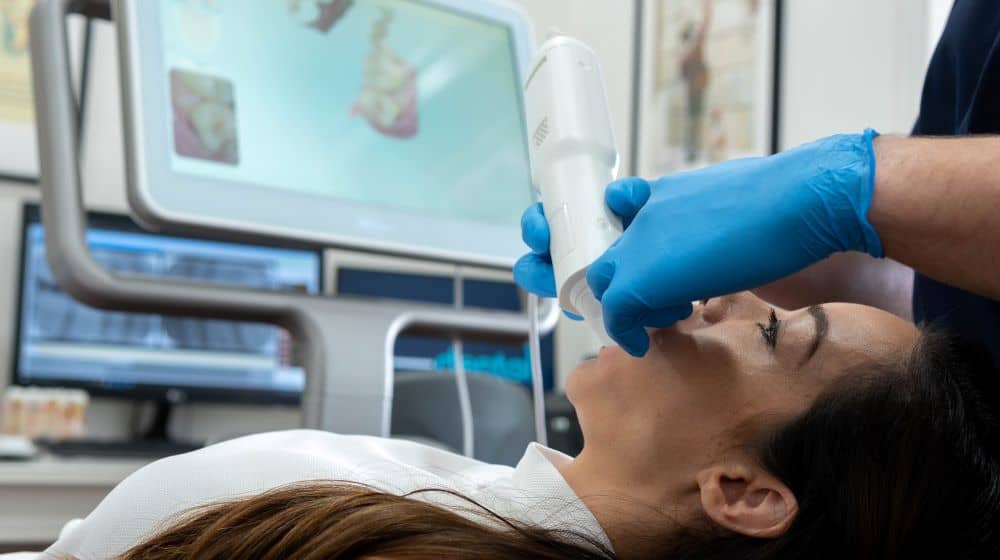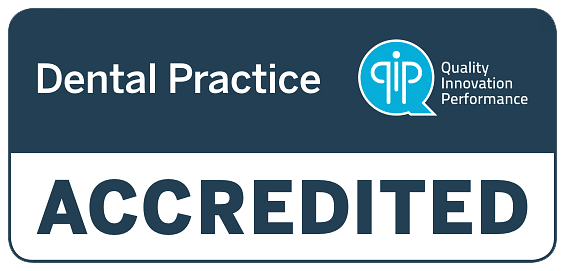Are you among those who suffer from tooth pain but avoid going to the dentist? It’s not because you’re scared of the instruments that might be used; it’s about the cost. You’re not alone. According to a 2018 survey, three in five Australians put off their dental visits because they do not want to deal with the expense. So, you’re probably wondering if there is a way to reduce the costs.
Dental treatments are crucial in protecting your oral health. However, many people think that these services can cost them an arm and a leg. It doesn’t have to be that way.
In this article, you will learn all about dental insurance and the benefits of getting extras insurance cover.
1. What is Dental Insurance?
2. What are the Benefits of Getting Extras Insurance Cover?
3. Waiting Times for Claiming Dental Health Insurance
4. How Much Can You Claim?
5. Do You Need to Pay Out of Pocket Expenses if You’re Covered for Dental Care?
What is Dental Insurance?
Look at the extras in various health insurance policies. You will mostly see coverage for a range of dental services. Among those covered include general, often about routine cleaning, as well as other services, such as fillings, extractions, and scaling. Other private health insurance extras include major dental services like crowns, dentures, and bridges.
Therefore, if you get private health insurance that includes dental cover, you can get the assistance you require to pay for the treatment. Depending on the policy, you may not have to worry about out of pocket expenses for minor and some major dental services.
Furthermore, some policies, particularly private hospital policies, can help pay for treatments and operations that require you to stay in the hospital. For example, wisdom tooth extractions and other similar day surgeries can easily be covered.
However, there is one thing that you should understand. It is difficult, if not impossible, to find a dental insurance policy on its own in Australia. For you to be insured for dental services, you will require an extras health insurance policy.
What are the Benefits of Getting Extras Insurance Cover?
Having private health insurance can offer you different levels of coverage for your unique requirements and situation. With your insurance, part of your contribution will go towards the cost of dental treatments should you need one.
Under the extras policy, there are typically two main groups of services covered. The first one is general dental, and the other is major dental. Here’s the distinction:
- General Dental: This assists in paying for preventative treatment services, such as oral cleanings and fillings. It may also cover simple tooth extractions and X-ray costs. In some cases, the insurance policy includes teeth whitening. Most policies, however, offer coverage for oral exams, mouth guards, and scales.
- Major Dental: You will need a major dental cover in your extras policy for complex and more expensive treatments. With this, you can get help in paying for endodontic procedures and even orthodontic treatments. Some examples include root canal therapy, periodontics, wisdom tooth removal, and more complex fillings. Major dental may also cover crowns and bridges, veneers, dentures, and even braces.
You can gain cover for general dental treatments if you take out an extras policy. Often, however, you cannot automatically make a claim. You are required to wait a specific period before undergoing any general treatment.
You may not have access to all (or even a few) of the mentioned services above. It usually depends on the level of coverage you have. This is especially true with complex dental treatments, such as endodontic and orthodontic services, which are only covered through extras policies on a higher level. In certain situations, the treatments that are covered under Major Dental may be taken under General Dental (or vice versa). Once again, it differs based on the extras policy itself since each policy differs from fund to fund.
Remember that this can influence the period you’re required to wait to make a claim. That’s because some treatments have longer waiting periods, particularly major ones. Make sure that you always read your policy brochure or have someone knowledgeable, preferably a representative of the insurer, explain the details.

Waiting Times for Claiming Dental Health Insurance
Two significant factors dictate how long you need to wait to make a claim: your health fund or the insurer and the treatment. Each insurer has its waiting periods, so you need to read your policy or contact your insurer directly to get this information.
Nevertheless, most dental insurance policies have a waiting time of two months for general dental treatments. That means that you should be paying for your extras policy for at least two months before you can make a claim for oral cleanings, fillings, or other similar services.
Meanwhile, if you want to claim for a wisdom tooth extraction or perhaps a root canal therapy, you may have to wait six to 12 months. Higher-cost procedures, especially if you’re getting braces or other teeth-straightening products, may require you to wait at least 12 months. Some policies require that you wait for at least two to three years before making a claim.
But is it possible for you to make a claim for major dental treatments without serving the long waiting period? Here’s the good news. The answer is you can. Some private health insurance may offer to provide you with a dental cover that you can use immediately. However, this is only possible for new customers who switch from their old insurer to the new one. That said, waiving the 12-month waiting period, especially for major dental services, is relatively uncommon. You will need to speak to the insurance company directly and express your requirement.
As you can see, it is important to plan your treatment accordingly. If you want your private insurance cover to help you pay the costs of a dental service, you should take out a policy at least two months before the treatment ensues. This applies to general dental services only. It’s essential that you get insured well in advance so that the waiting periods mentioned above are already served by the time you get any treatment.
Another thing that you should know is that there’s no need to re-sit your waiting period should you decide to change health funds. Therefore, after six months, you can already claim what you’re covered for in the new health fund if you switch from one insurance company to another. There’s no need to sit the waiting period from the beginning.
How Much Can You Claim?
The policy determines how much you can claim on dental cover. Some insurance policies have higher limits than others, which is why you should always take time to compare policies. You could be missing out on generous claim limits if you pick the first one that you find.
Extras policies have several conditions and are often subject to annual limits that control dental and other health services claims. The policy may also have sub-limits, which specify the total amount you can claim under a specific service. For example, the policy may only require you to claim a maximum of $400 on major dental treatments. There may also be dollar limits for each item and group limits with other services. For instance, your policy may tell you that it has a group limit that you can spend on all dental services, including endodontic, orthodontic, and general dental services.

Do You Need to Pay Out of Pocket Expenses if You’re Covered for Dental Care?
The short answer is, “It depends.”
Extras policies help pay costs of treatments that Medicare does not cover, which includes dental services. In most instances, you will need to contribute towards the payment from your pocket.
Let us say that your crown will cost you $1,500. Your health insurance policy promises to cover up to 60% of the cost. However, it would be best if you still took note of the limits imposed on the policy. In this example, your annual limit for dental services is $1,200. Therefore, your insurance will pay $900 for the treatment. The remaining amount, which is $600, will come from you.
It is always worth talking to your dental professional if you would like to learn more about the insurance cover for your treatment.






